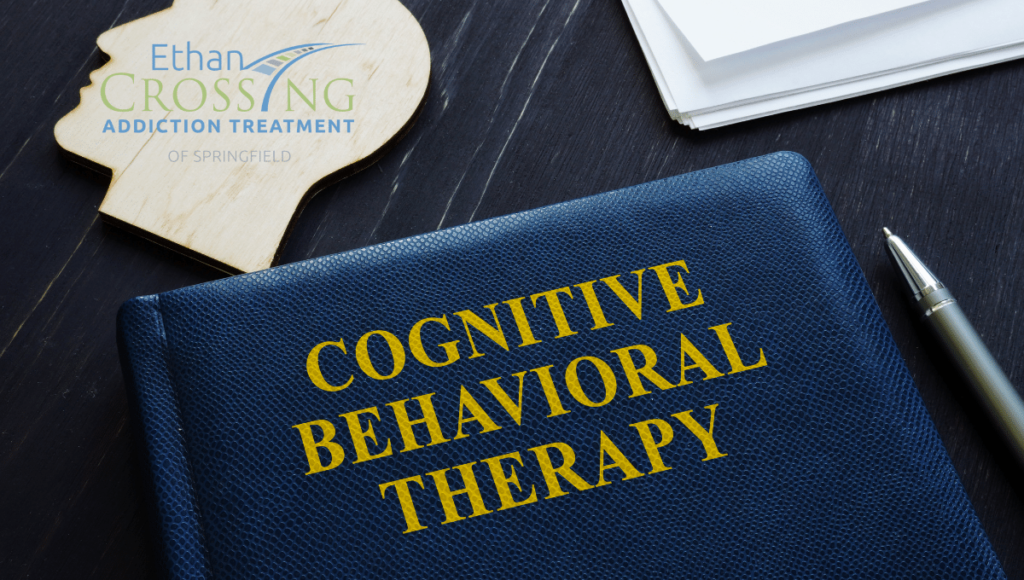For substance abuse and mental health disorders, a lot of people in the US might benefit from professional assistance. However, some people may be discouraged from getting the therapy they require due to the perceived expense of addiction treatment. It is entirely normal to want assistance with financing drug rehab, and fortunately, there are several choices available to assist with the expense of care. If someone needs treatment for drug addiction, they have several alternatives, including insurance coverage and grants for rehab facilities.
Table of Contents
What Is Prescription Assistance?
In an effort to assist people without health insurance or prescription drug coverage in getting the prescriptions they require, Prescription Assistance Programs, or PAPs, have arisen. Pharmaceutical firms generally provide these programs to give eligible people free or inexpensive prescription medications.
PAPs are an invaluable resource for patients, assisting them in adhering to prescribed pharmaceutical regimens and, as a result, achieving better health results. They do this by offering financial support for hundreds of prescriptions.
Why Is Prescription Assistance So Important To Recovery?
PAPs are used by millions of Americans to obtain the expensive medications they require. Grants for drug misuse treatment have shown to be quite successful for both individuals and society as a whole. According to research, every dollar invested in a drug rehab facility saves $4 in medical expenses and $7 in expenditures associated with the criminal justice system and law enforcement. These types of figures make investing in drug and alcohol recovery programs quite appealing for governments, municipalities, and the country as a whole.
Resources That Can Help You
NeedyMeds gives a free NeedyMeds Drug Discount Card and assists people of all ages, with and without insurance, in locating Patient Assistance Programs, free or low-cost clinics, and state programs. You can contact their hotline at 800-503-6897.
Partnership for Prescription Assistance assists eligible individuals without prescription drug coverage in obtaining their necessary medications for free or at a very low cost. They provide access to both governmental and commercial initiatives, such as those run by pharmaceutical companies.
RxAssist helps people in learning about free and reduced-cost pharmaceutical programs as well as other strategies to control their drug costs. Patients may be able to utilize the medication discount card they provide even if they have health insurance.
Some other notable resources include RXHope, PatientAssistance.com, and GoodRx.
SAMHSA Grants
This program’s goal is to offer resources that will aid in enhancing/expanding access to medications for opioid use disorder. SAMHSA funding is only available to domestic public and private non-profit organizations. To determine whether you are qualified to apply for that program, look for any additional eligibility requirements in the SAMHSA Notice of Funding Opportunity or on Grants.gov.
Affordable Care Act
The Affordable Care Act (ACA), adopted in 2010, is a comprehensive reform bill that expands health insurance coverage for the uninsured and implements market changes. This has several clauses that are in line with AMA policy and has the ability to improve the healthcare system.
Substance use disorders are one of the ten components of essential health benefits listed in the ACA. As a result, beginning in 2014, all health insurance plans offered on Health Insurance Exchanges or covered by Medicaid for some newly eligible people must include services for drug use disorders.
State Programs
In 1975, the first states approved and funded direct subsidy programs. The subsidy programs, sometimes known as (SPAPs) use state funding to cover a portion of the expenses, often for a specific group that satisfies enrollment requirements. State legislatures have been less involved in SPAP concerns since the federal Affordable Care Act (ACA) was passed.
Pharmaceutical Companies
For low-income people and families, certain pharmaceutical firms provide drug assistance programs. Typically, these programs need a doctor’s approval and evidence of financial status. They could also demand that you don’t have any health insurance or that your health insurance doesn’t cover prescription drugs. To find out more about particular qualifying conditions and application details, please get in touch with the pharmaceutical company directly.
How We Can Help You?
Do you intend to stop drug abuse, but you are afraid of the cost of treatment? After you’ve decided to get help for your problem, the next step is finding a rehab that’s right for you. Don’t let the price of addiction treatment hold you back. Contact Ethan Crossing today to discuss treatment and financing options.












